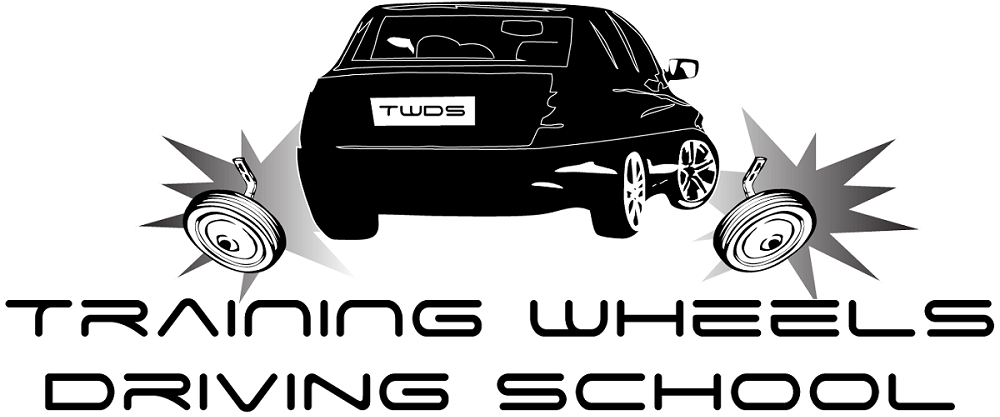With new drivers entering New Jersey highways every day, it’s crucial that these young drivers know how the point system works for traffic offenses, which can become a real issue for those who are still getting used to the road. The agency monitoring this system—the NJ Motor Vehicle Commission—adds points to a motorist’s driving record if they commit either minor or major traffic offenses, with major offenses typically involving more points added to a motorist’s driving record. All new license holders should be aware of their state’s points system, so here is quick overview for the state of New Jersey as well as some common consequences for receiving too many points on your driving record.
Points and Suspensions
When drivers are convicted for traffic infractions involving moving violations, they will see points added to their driving record. From there, should they continue to accrue points, they could be subject to fines or even a driver’s license suspension. If drivers receive six or more points within three years, they must pay an annual surcharge for a period of three years in addition to any court fees and other penalties. After accruing 12 or more points, a driver could see their license suspended.
Other violations that could lead to an automatic license suspension in the Garden State include operating a motor vehicle with no license, driving while intoxicated (DWI), driving a motor vehicle with no insurance, failing to make a court appearance, owing back child support, drinking if under 21, and several drug-related charges.
Common Point Violations
The number of points drivers receive for traffic violations depends on the kind of infraction they’ve been convicted for. While there are plenty more traffic violations that could result in points being added to a license, some more common ones can be found below. Several of New Jersey’s more minor point violations, or two-point violations, include the following:
- Disregarding traffic signs or signals
- Failing to yield right of way to pedestrians
- Driving incorrect way down one-way street
- Blocking traffic flow by driving low speeds
- Driving 1-14 mph over speed limit
- Not stopping for traffic light
- Proceeding through yield or stop signs
For more severe violations, drivers could have three points or more added to their driving record for their offense, some of which include the following:
- Three points: Disobeying left or right turn laws
- Three points: U-turn violations
- Four points: Passing in no-passing zone
- Four points: Speeding 15 to 29 mph over limit
- Five points: Speeding 30+ mph over limit
- Five points: Illegal racing
- Five points: Reckless driving
- Five points: Passing or trying to pass stopped school bus
- Eight points: Any accident that resulted in personal injury
Point Deductions
Fortunately, just as accrued points can lead to a license suspension, it’s also possible for points to be deducted from a driving record. For drivers in New Jersey, they can have a maximum of three points taken off their total one year after any of the following:
- Previous violation
- No violations for at least one year
- Completed driving improvement program (credit for which can be received only every two years)
As well, up to two points can be deducted if drivers complete a certified defensive driving class, but they can only receive point deductions every five years for every course.
Think you or someone you know is in need of Behind the Wheel Training? Training Wheels is a Somers Point driving school specializing in teaching new teen drivers how to stay safe on the road. For more information on our lessons, please click here.
Copyright: bialasiewicz / 123RF Stock Photo

